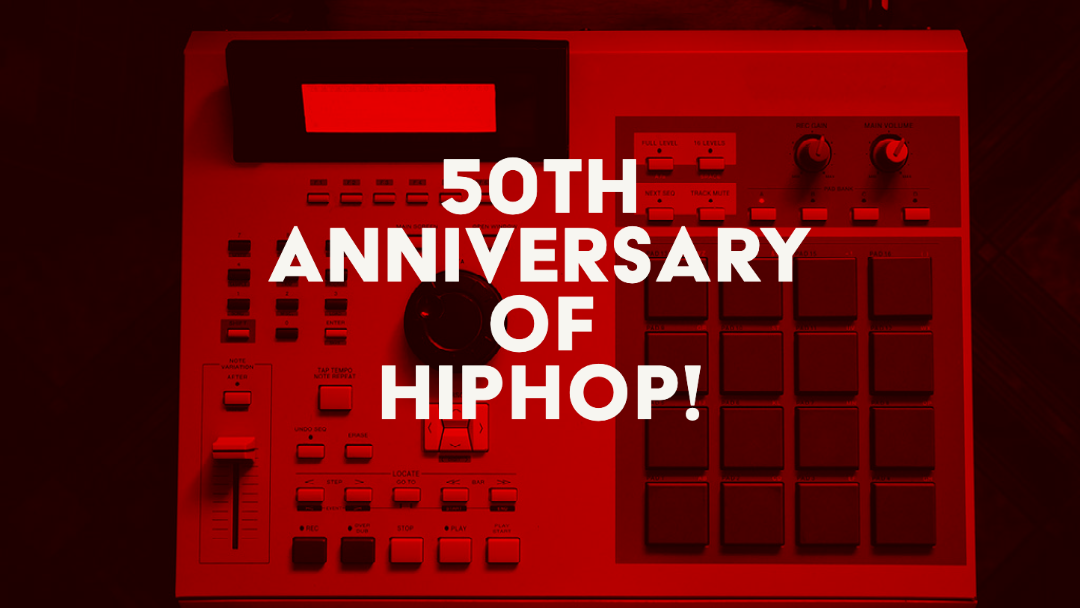Celebrating 50 Years of Hip-Hop: The Evolution of a Cultural Phenomenon
The year 2023 marks a significant milestone in the world of music and culture as we celebrate 50 years of hip-hop. What began as a small spark in the Bronx, New York, has grown into a global movement that has influenced art, fashion, and society at large. In this blog post, we will take a journey through time, exploring the evolution of hip-hop and its impact over the past five decades.
The Birth of a Movement
Hip-hop emerged in the 1970s as a creative outlet for marginalized communities in the Bronx. Originating from block parties and park jams, it quickly became a means of expression for urban youth, with pioneers such as DJ Kool Herc, Afrika Bambaataa, and Grandmaster Flash leading the way.
The Four Elements of Hip-Hop
Hip-hop culture consists of four essential elements: DJing, MCing (rapping), breaking (breakdancing), and graffiti art. Each element played a vital role in shaping the culture and providing a platform for artistic expression. Together, they formed the foundation upon which hip-hop thrived.
The Golden Era
The 1980s and 1990s are often referred to as the Golden Era of hip-hop. This period saw the rise of iconic artists and groups like Run-DMC, Public Enemy, N.W.A, A Tribe Called Quest, and Wu-Tang Clan. The music during this era was characterized by its raw and socially conscious lyrics, innovative production techniques, and memorable samples.
Mainstream Success and Global Reach
As hip-hop gained mainstream recognition, artists like LL Cool J, Tupac Shakur, The Notorious B.I.G, and Jay-Z became household names. The genre’s influence spread beyond the United States, reaching international audiences and paving the way for a new generation of artists around the world.
Subgenres and Evolution
Over the years, hip-hop diversified into various subgenres, reflecting the diversity of its artists and listeners. From gangsta rap to conscious rap, alternative hip-hop to trap music, each subgenre brought its own unique flavor and perspective. Hip-hop has proven its ability to adapt and evolve while staying true to its roots.
Social and Political Impact
Hip-hop has been a powerful force in addressing social and political issues. It provided a platform for artists to voice their experiences, tackle systemic inequalities, and shed light on pressing matters such as racism, poverty, and police brutality. From Public Enemy’s “Fight the Power” to Kendrick Lamar’s “Alright,” hip-hop has consistently sparked conversations and pushed for change.
Fashion and Pop Culture Influence
Beyond music, hip-hop has had a profound impact on fashion and pop culture. From oversized clothes and gold chains to sneakers and urban streetwear, hip-hop style has permeated the mainstream fashion industry. Artists like Jay-Z, Kanye West, and Pharrell Williams have also made significant strides in the fashion world, blurring the lines between music and style.
The Digital Era
With the advent of the internet and social media, hip-hop has further expanded its reach. Online platforms have provided independent artists with the opportunity to share their music, build a fanbase, and create a global presence. The rise of streaming services and online communities has democratized the industry, allowing for a more diverse range of voices to be heard.
Looking Ahead
As we celebrate 50 years of hip-hop, it is evident that the genre’s influence will continue to shape music, culture, and society. The future holds endless possibilities as hip-hop evolves and intersects with other genres, breaks down barriers, and continues to be a voice for the voiceless.
Considerations
Hip-hop’s journey from its humble beginnings in the Bronx to its
global dominance has been nothing short of remarkable. It has transcended cultural boundaries, challenged norms, and empowered generations. As we reflect on the past 50 years, let us celebrate the artists, the innovators, and the community that have made hip-hop a force to be reckoned with. Here’s to the next 50 years of hip-hop, where creativity knows no bounds, and the rhythm of the streets continues to resonate worldwide.

